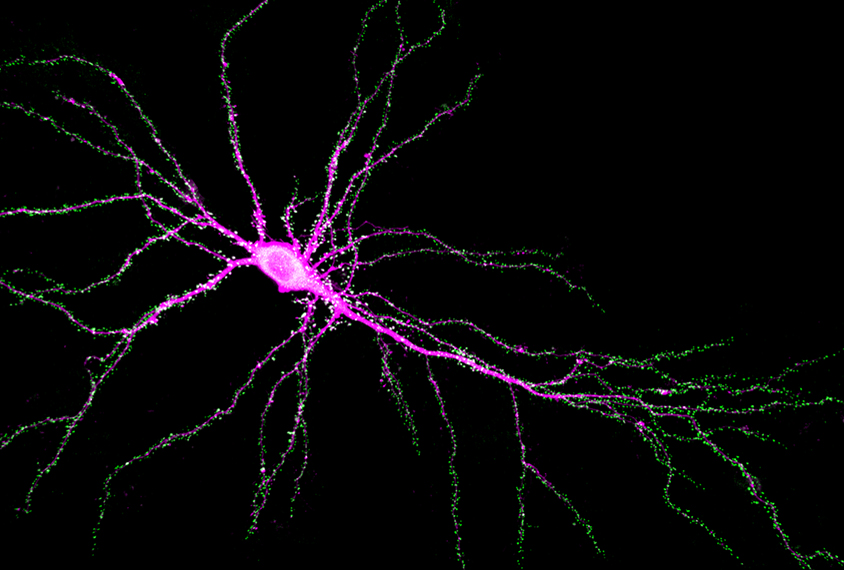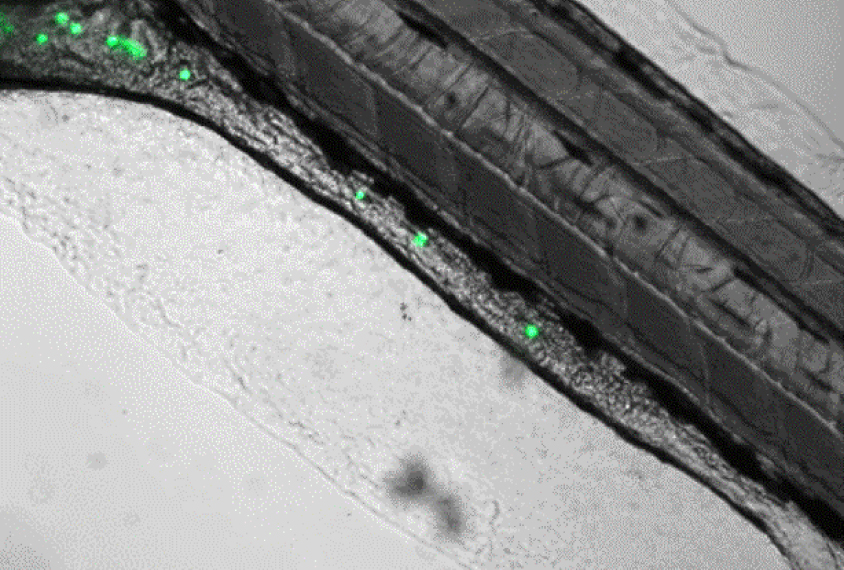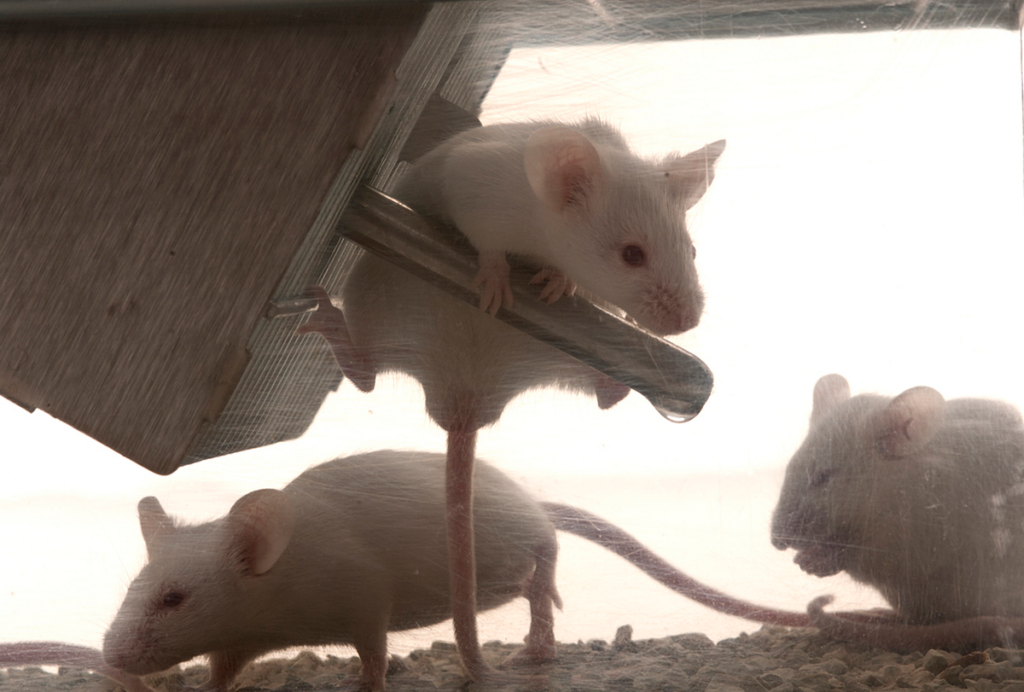SYNGAP1 2020
Recent articles
Reactions from the 2020 SYNGAP1 Scientific Conference
Spectrum is covering the 2020 International SYNGAP1 Scientific Conference, which took place virtually because of the coronavirus pandemic. Here we’re highlighting researchers’ reactions to noteworthy presentations.

Reactions from the 2020 SYNGAP1 Scientific Conference
Spectrum is covering the 2020 International SYNGAP1 Scientific Conference, which took place virtually because of the coronavirus pandemic. Here we’re highlighting researchers’ reactions to noteworthy presentations.
Zebrafish and ‘Smurf cakes’ link autism gene mutation to digestive woes
Mutations in a top autism gene called SYNGAP1 slow the rate at which zebrafish digest food and pass waste, and may also disrupt gut function in people.

Zebrafish and ‘Smurf cakes’ link autism gene mutation to digestive woes
Mutations in a top autism gene called SYNGAP1 slow the rate at which zebrafish digest food and pass waste, and may also disrupt gut function in people.
Mice reveal roots of sensory issues tied to top autism gene
Mice with mutations in the autism-linked gene SYNGAP1 have trouble sensing touch, which may stem in part from brain-circuit alterations and dulled alertness.
Mice reveal roots of sensory issues tied to top autism gene
Mice with mutations in the autism-linked gene SYNGAP1 have trouble sensing touch, which may stem in part from brain-circuit alterations and dulled alertness.
Explore more from The Transmitter
Some facial expressions are less reflexive than previously thought
A countenance such as a grimace activates many of the same cortical pathways as voluntary facial movements.

Some facial expressions are less reflexive than previously thought
A countenance such as a grimace activates many of the same cortical pathways as voluntary facial movements.
Cracking the neural code for emotional states
Rather than act as a simple switchboard for innate behaviors, the hypothalamus encodes an animal's internal state, which influences behavior.

Cracking the neural code for emotional states
Rather than act as a simple switchboard for innate behaviors, the hypothalamus encodes an animal's internal state, which influences behavior.
Alex Maier argues that a scientific explanation of consciousness requires grounding in formalized mathematics
When it comes to discovering laws of nature for consciousness similar to those in physics, Maier argues that integrated information theory is the only game in town.
Alex Maier argues that a scientific explanation of consciousness requires grounding in formalized mathematics
When it comes to discovering laws of nature for consciousness similar to those in physics, Maier argues that integrated information theory is the only game in town.